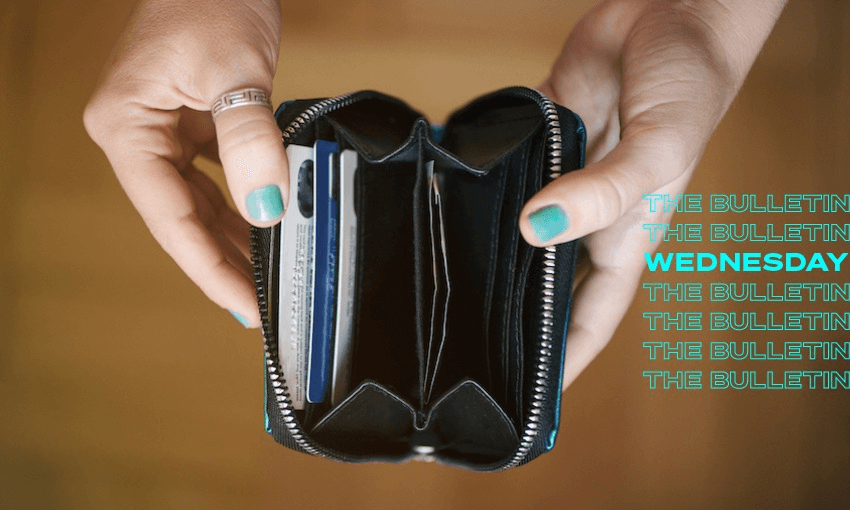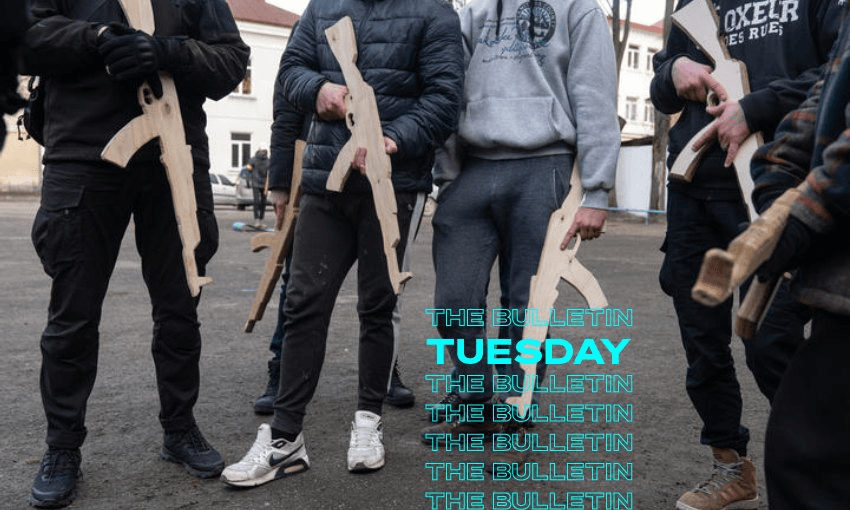The country’s attention is shifting from the pandemic to New Zealanders who are falling behind, Justin Giovannetti writes in The Bulletin.
Preparing for life after Covid in New Zealand.
The prime minister will announce a major loosening of Covid restrictions later today, with the use of vaccine mandates and passes expected to end in the coming weeks. Mask use is likely to continue. Along with most Covid rules falling away, two years of border restrictions are nearly over. The first planeload of tourists will arrive in three weeks. Replacing the pandemic in the minds of New Zealanders is the economy. The oil shock caused by the war in Ukraine and ongoing global disruptions have pushed economic worries off the business pages to the top of the pile. Inflation was the country’s top concern last month, followed by housing, according to Ipsos.
Dealing with the crisis of crises in Aotearoa.
It seems unlikely voters will give Jacinda Ardern’s Labour government a third mandate next year based solely on its successful Covid response. Instead, National and Act have capitalised as parliament has shifted away from the pandemic to concerns around the economy. Despite a surge in the polls for the right-leaning parties, their preferred solution of tax cuts might not entice centrist New Zealanders come voting day. New Zealand has one of the lowest tax regimes in the developed world, according to the OECD. Instead, success post-Covid could depend on how the country’s leaders propose to deal with an ongoing crisis of crises. The word crisis is mentioned nearly daily in this newsletter, for the cost of living, housing, climate, mental health, literacy and more.
Nearly all those issues have worsened considerably in the past two years.
Consumer confidence in Aotearoa has now fallen to its lowest level since the 2008 global financial crisis. Stuff reports that households are reporting that their finances have deteriorated over the past year and worries are mounting over the coming months. The price of food and petrol has climbed far more quickly than incomes. For those on fixed incomes, the prospects could be dire in the coming months. Global supply chains haven’t been restored after two years of disruptions and China is now battling its worst outbreak of Covid-19. According to Reuters, the queues of ships outside major Chinese ports are growing longer and analysts warn of a shock to the price of goods in the coming months.
The government’s budget in May will have to deal with all of this.
Writing in the NZ Herald (paywalled), Simon Wilson has laid out the seven things he’d like to see in Grant Robertson’s budget. This is a time for big solutions to big problems that have been growing for a generation, he argues. “The effect of 30 years of underspending on core services and infrastructure. The deep damage to health services, transport, housing, education, water, crime, and they’re just the things that hog the headlines, has been laid bare,” Wilson explains. Robertson’s budget could be the opening shot in Labour’s re-election campaign.
Looking for another idea to deal with the cost of living?
Bryce Edwards asks whether this is the time for the government to introduce public dental care. It would be an expensive undertaking, but free dental care would have an immediate impact on the wellbeing of struggling New Zealanders and their families. They generally don’t get much back from tax cuts. It would also be a memorable project for a government struggling to find a transformational purpose.
The prime minister’s “beyond omicron” speech is at 11am today.



